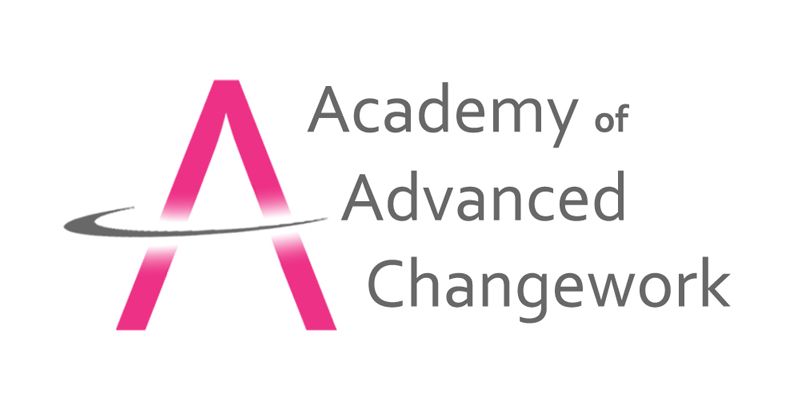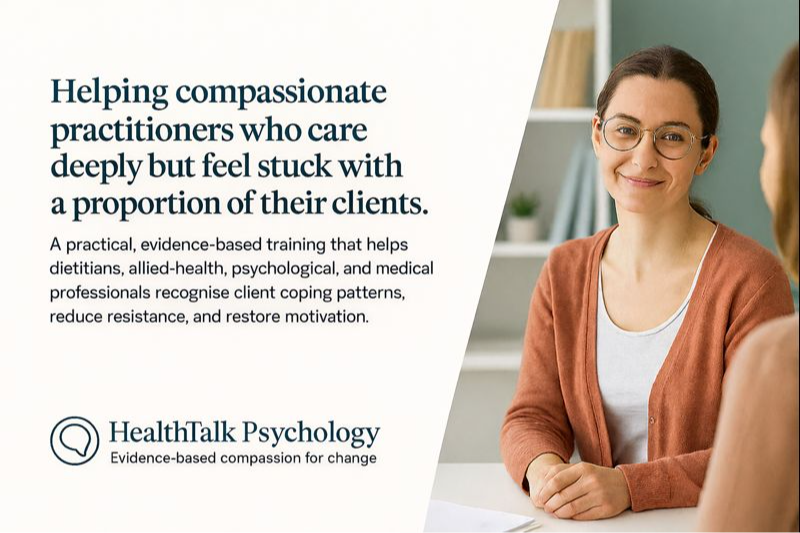
Promoting health/reducing risk behaviour with congenital heart defects
Approximately one in every hundred children is born with a congenital heart defect (CHD), the leading cause of birth defect-related deaths. Many defects don’t need treatment, but some complex congenital heart defects require medication or surgery.1
CHD affects the structure of the heart and great vessels which will either obstruct blood flow in the heart or vessels or cause blood to flow through the heart in an abnormal pattern.
Adult and adolescent congenital heart disease are increasing in prevalence as better medical care means more children are surviving to adulthood. People with CHD often also experience psychological issues such as stress, anxiety and depression which can exacerbate the physical consequences of the illness.2
For optimising long-term outcomes, patients with CHD should adopt health-promoting behaviours such as appropriate engagement in physical activities; healthy dietary habits; safe sexual practices; the use of appropriate birth control methods, stress management, and avoidance of substance use.3
Astrid et al, 2016 note how the provision of patient education was important in supporting people to adopt health-promoting behaviours. For example, they demonstrated that knowledge of endocarditis-related issues was positively associated with having annual dental visits.
In addition, they found that higher total knowledge scores were significantly associated with also performing less health risk behaviours.
However, we know that having knowledge and awareness isn't typically sufficient for behavioural change and modification and doesn't necessarily predict behavioural intention or action 4. Self-efficacy, however, i.e., the extent to which a person feels capable of effectively performing a behaviour, does directly influence people’s behaviour and implementation of their intentions.
The role of knowledge in understanding potential risks has been demonstrated in patients with cardiovascular disease in that whilst knowledge alone wasn't enough to secure patient compliance, patients could only comply when they possessed a minimal level of knowledge about the disease and healthcare regimen. 5,6
Therefore, interventions that prepare adolescents and adults with congenital heart defects for taking responsibility for their own health should include interventions such as Motivational Interviewing to enhance self-efficacy alongside side knowledge base interventions such as patient education to influence effective behavioural change. 7,8
To find out more about how you or your child could improve health and well-being whilst living with a congenital heart defect, schedule a call with Karen:
https://calendly.com/karenbartle/resilience
1 Queensland Paediatric Cardiac Service https://www.childrens.health.qld.gov.au/fact-sheet-cardiac-congenital-heart-defect/
2 Lip, G.Y., Lane, D.A., Millane, T.A. and Tayebjee, M.H., 2003. Psychological interventions for depression in adolescent and adult congenital heart disease. The Cochrane Database of Systematic Reviews, (3), pp.CD004394-CD004394.
3 Astrid, J., Eva, G., Koen, L., Werner, B., Marc, G. and Philip, M., 2016. Exploring the relationship between disease-related knowledge and health risk behaviors in young people with congenital heart disease. Eur J. cardiovasc nurs, 15(4), pp.231-40.
4 Fishbein, M., 2000. The role of theory in HIV prevention. AIDS care, 12(3), pp.273-278.
5 Ni, H., Nauman, D., Burgess, D., Wise, K., Crispell, K. and Hershberger, R.E., 1999. Factors influencing knowledge of and adherence to self-care among patients with heart failure. Archives of internal medicine, 159(14), pp.1613-1619.
6 van Der Wal, M.H., Jaarsma, T., Moser, D.K., Veeger, N.J., van Gilst, W.H. and van Veldhuisen, D.J., 2006. Compliance in heart failure patients: the importance of knowledge and beliefs. European heart journal, 27(4), pp.434-440.
7 Rollnick, S., 2002. Motivational interviewing: preparing people for change. Guilford Press.
8 Goossens, E., Van Deyk, K., Zupancic, N., Budts, W. and Moons, P., 2014. Effectiveness of structured patient education on the knowledge level of adolescents and adults with congenital heart disease. European journal of cardiovascular nursing, 13(1), pp.63-70.






